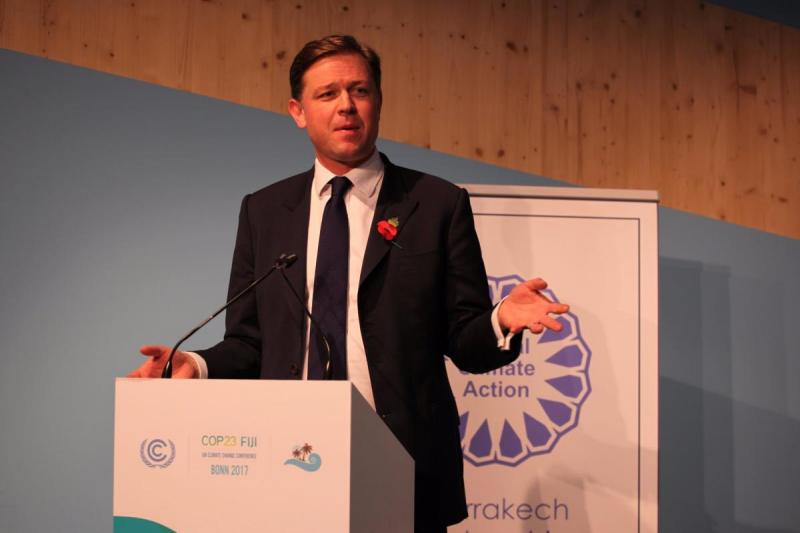Organisers of the Global Climate Action Summit in California have issued a challenge for 300 more cities, regions and companies to disclose their climate impacts to CDP ahead of the September climate conference
Companies, cities and regional governments around the world have been challenged to come clean about their climate impacts ahead of September’s Global Climate Action Summit in California.
World Environment Day marks 100 days until the international climate summit, which will bring sub-national actors from around the world together in San Francisco for three days in a bid to accelerate climate action, with the clock ticking down to 2020.
More than 570 cities, 100 states and regions across 88 countries and 6,300 companies, accounting for 55% of global market capitalization, have so far signed up to measure and report their climate impact through CDP, formerly the Carbon Disclosure Project.
The challenge issued on the eve of World Environment Day by the organizers of the conference was for another 300 organizations to commit to climate disclosure in time for the conference.
Disclosure is fundamental to creating a sustainable economy
“Tracking and reporting carbon pollution keeps governments and businesses accountable,” said the summit’s co-chair, California governor Jerry Brown. “Governments and businesses must turn their climate goals into bold climate action by honestly and fully reporting their emissions.”
The organizers also called for universal and standardized reporting by all governments and entities worldwide by 2030 to be set as a clear and achievable goal.
Paul Simpson, founder and CEO of CDP, told a press briefing that he welcomed the challenge “with open arms”, adding: “Disclosure is fundamental to creating a sustainable economy. There’s a lot of things we need to do to address climate change and disclosure sits at the centre of that. It will empower much better decisions.”

CDP founder Paul Simpson: 'Disclosure will empower better decisions.' (Credit: The Climate Group)
The state of California, which has a goal of cutting carbon pollution 40% below 1990 levels by 2030, recently disclosed its annual 440.4 million metric tons of carbon dioxide through the California Greenhouse Gas Emission Inventory.
California also co-founded, along with the German state of Baden-Württemberg, the Under2 Coalition of state, regional and provincial governments that have committed to limit their greenhouse gas emissions to 2 metric tons of CO2-equivalent per capita, by 2050. More than 100 of them, representing 658 million citizens, are disclosing to CDP. The disclosures are displayed in CDP’s states and regions online climate tracker.
The disclosure challenge is the latest in a series that have been issued to the global community ahead of this year’s summit on 12-14 September in San Francisco.
So far over 400 companies have listened to Mahindra's call to set science-based targets. Hopefully the 500 goal will be exceeded
In March, Christiana Figueres, the former UN climate chief and convenor of Mission 2020, announced the Green Bond Pledge, a joint campaign by groups including the Climate Bonds Initiative, CDP and the C40 group of cities challenging corporations and governments to increase the use of green bonds for financing projects.
More recently she set a challenge for the tech sector to halve its emissions every decade and to help consumers to cut their own carbon footprints. Meanwhile the summit’s co-chair, Mahindra Group chairman Anand Mahindra, issued a challenge at the World Economic Forum in January for 500 companies to adopt science-based emissions reduction targets in time for the conference, up from 330 at the turn of the year.
Nick Nuttall, the summit’s communications director, told the press briefing: “So far over 400 companies have listened to his call. Hopefully that [500 goal] will be exceeded.”

